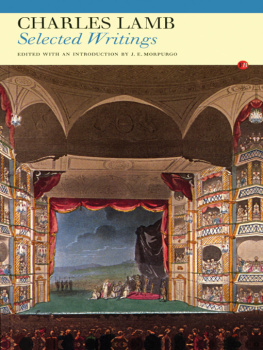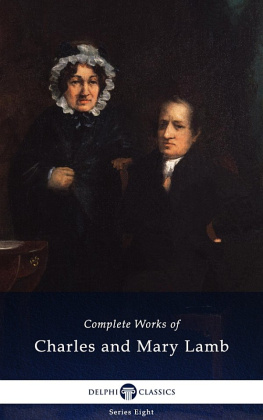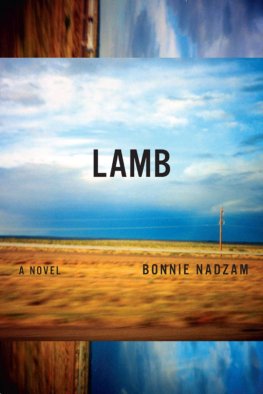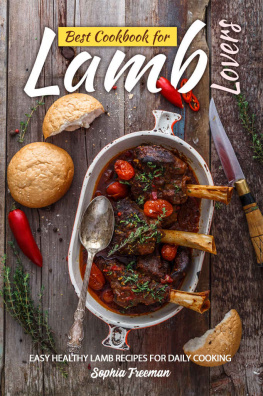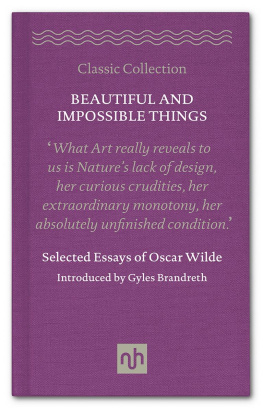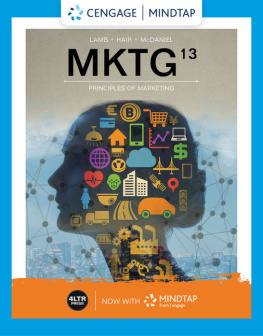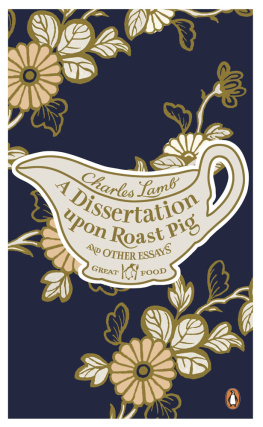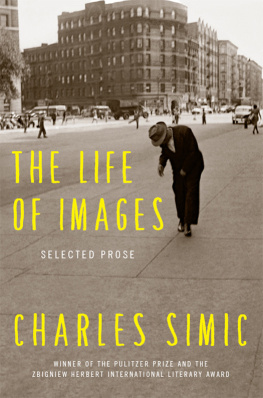Notes on some Contemporaries
ALLEN, Robert (1772-1803). Army surgeon and journalist. While we were wringing out coy sprightliness for the Post Bob Allen, our quondam schoolfellow, was tapping his impracticable brains in a like service for the oracle. Not that Robert troubled himself much about wit. If his paragraphs had a sprightly air about them it was sufficient. Lamb, Newspapers Thirty-Five Years Ago. Englishmans Magazine, 1831.
ASBURY, Jacob Vale. Doctor to the Lambs at Enfield.
AYRTON, William (1777-1858). Music critic. Director of Kings Theatre, Haymar-ket. Introduced to the Lambs by the Burneys in 1803.
BANNISTER, John (1760-1836). Comedian. He gave you the idea of a good fellow, whom it would be most pleasant and profitable to live with; and this was his real character. Leigh Hunt.
BARNES, Thomas (1786-1841). Editor of The Times from 1817 until his death, it was he who put thunder into the voice of The Thunderer. He entered Christs Hospital not long after Lamb had left and at school was Leigh Hunts closest friend. Later he contributed articles to several of Leigh Hunts journals.
No man (had he cared for it) could have been more certain of attaining celebrity for wit and literature. Leigh Hunt.
BARTON, Bernard (1784-1849). Quaker poet. He was for many years a regular contributor of devotional verse to the London Magazine. He met Lambs father for the first time in 1822 at one of the Londons dinners and soon became a close friend and a regular correspondent. In February 1823 Barton contributed to the London Magazine a sonnet To Elia.
From month to month has the exhausters flow
Of thy original mind, its wealth revealing,
With quainter humour healing
The Worlds rude wounds, revived Lifes early glow.
BOYER, James (1736-1814). A product and later Under Grammar Master and Upper Grammar Master (Headmaster) of Christs Hospital: an Educer of the intellect (Coleridge). There must be more extensive and more colourful tributes to Boyer than to any other headmaster in the total history of English education. All three of his most eminent pupils Lamb, Coleridge and Leigh Hunt wrote about him, Lamb and Leigh Hunt several times, Coleridge in the passage in Biographia Literaria from which is taken the quotation reproduced in the introduction to the Section And in My Joyful Schooldays (see page 21).
Lamb, Leigh Hunt and Coleridge also produced variants of a sore epitaph for this outstanding representative of the grand old race of flogging schoolmasters (Leigh Hunt). The best is by Coleridge: Poor J.B.! may all his faults be forgiven; and may he be wafted to bliss by little cherub boys, all head and wings, with no bottoms to reproach his sublunary infirmities.
BURNEY, James (1750-1821). Brother of FANNY BURNEY. Sailed round the world with Cook. Retired from the Navy as Admiral. His wife SARAH was possibly the model for Lambs Mrs Battle. With their son MARTIN, a barrister, they met the Lambs in 1803 and thereafter remained close friends.
CANNING, George (1770-1829). A statesman of unusual ability and an eloquent orator, Canning held many Cabinet posts in Tory governments including Foreign Secretary and Prime Minister. He was the founder and a frequent contributor to the Anti-Jacobin and a deft writer of epigrammatic satirical verses directed against his political opponents.
In his Autobiography Leigh Hunt wrote of him with some leniency for the liberal meanness of his later days but admits that earlier he had taken him for a great sort of impudent Eton boy.
CARLYLE, Thomas (1795-1881). Historian, essayist and critic. He met Lamb in 1824 and thereafter called on him several times, presumably as an exercise in self-mortification for he was utterly out-of-sympathy with Lamb and, being himself devoid of humour, found nothing for pleasure and much for distaste in Elia.
In 1831, after visiting Lamb at Enfield, he wrote to his fellow-historian J. A. Froude: Not one of that class will tell you a straightforward story or even a credible one about any matter under the sun. All must be packed up into epigrammatic contrasts, startling exaggerations, claptraps that will get plaudits from the galleries.
CARY, Henry (1772-1844). Best remembered as translator of Dante, he was a contributor to the London Magazine and Assistant Keeper of Printed Books at the British Museum. One of Lambs most frequent correspondents and most regular visitors, he was described by Lamb as a dear fellow though guilty of a vice, which in any less good than himself would be past redemption. He has no relish for Parson Adams.
CHAMBERS, Thomas. Old Mr Chambers, the sensible clergyman in Warwickshire. His two sons, JOHN and CHARLES, were Lambs schoolfellows and JOHN a colleague at the East India House.
CLARKSON, Thomas (1760-1841). A pioneer and leader of the anti-slavery movement.
COLERIDGE, Hartley (1796-1849). Poet and journalist. STCs eldest son.
COLERIDGE, Samuel Taylor (1772-1834). Poet, philosopher and critic. The most evident proof of Lambs contention that a Christs Hospital boys friends at school are his friends through life.
His mind was clothed with wings; and raised on them, he lifted philosophy to heaven. (Hazlitt)
He was a mystery poet and
A subtle sould psychologist;
All things he seemed to understand,
Of old or new, on sea or land,
Some his own soul, which was a mist.
(Lamb)
An archangel a little damaged. (Lamb)
DE QUINCEY, Thomas (1785-1859). A frequent contributor to the London Magazine which published his Confessions of an English Opium Eater (1822). A friend and generally an admirer of Lamb, nevertheless he was disturbed by Lambs frivolousness and, because he was himself incapable of light-hearted-ness, he set himself up more often than most of Lambs friends as a butt for Lambs teasing.
DYER, George (1755-1841). Educated at Christs Hospital, Dyer was a poet of a sort. A sound if pedestrian scholar, for almost a quarter-of-a-century he worked on Valpys monumental edition of the classics. In 1814 he published his History of the University of Cambridge. Although Lamb often made fun of him, his affection and admiration for Dyer was intense. God never put a kinder heart into the flesh of man than George Dyer.
The meeting with Dyer which Lamb describes in Oxford in the Vacation (see page 170) actually took place not in the library of Oriel College, Oxford, but in the library of Dyers own college, Emmanuel, Cambridge.
FAVELL, Robert (1775-1812). After Christs Hospital he went up to Cambridge but left without a degree, according to Lamb, because he was ashamed of his father, a house-painter in the city. Poor W in the essay Poor Relations. He was invited but refused to join the Pantisocratic commune.
FENWICK, John (d.1820). Bigod in The Two Races of Men. Editor of the Albion and the Plough. Author of a farce, The Indian.
FIELD, Barron (1786-1840). Essayist, dramatic critic. Judge of the Supreme Court of New South Wales and Chief Justice of Gibraltar. Introduced to Lamb in 1809 by his brother, a colleague in the East India House. It was to him that Elia addressed the essay Distant Correspondents.
FIELDE, Francis (d.1809). Lambs godfather. An oil-man in Holborn, it was he who gave to Charles and Mary the tickets which allowed them to frequent the Drury Lane Theatre even in their childhood. Lamb describes Fielde in My First Play (see page 219). It was from his godfather by way of Fieldes widow that Lamb came into possession of the only landed property which I could ever call my own [Button Snap] near the road-way village of pleasant Puckeridge, in Hertfordshire.
FITZHERBERT, Maria (1756-1837). Morganatic wife of the Prince Regent.

